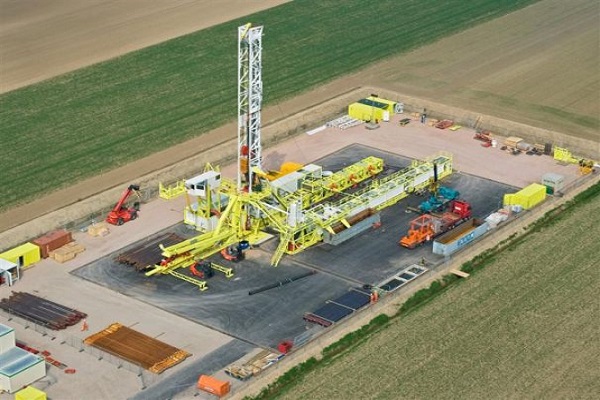1. Conventional and unconventional sources of oil and gas in the world. Differences between traditional and unconventional hydrocarbon resources, advantages and disadvantages of different types of deposits. History and importance of their utilization.
2. Overview of individual types of unconventional oil and gas resources. Oil sands. Methane hydrates.
3. Overview of individual types of unconventional oil and gas resources. Methane in the context of coal mining (CMM, AMM, CBM, AMM).
4. Overview of individual types of unconventional oil and gas resources. Shale gas, its extraction, treatment, transport and use.
5. Non-traditional ways of using low-quality natural gas. In situ combustion of natural gas. Cogeneration. Energy storage using gas. Gas in transport.
6. Specifics of exploration and exploitation of non-traditional oil and gas resources. Drilling equipment and technology. Methods of oil and processing and treatment of gas obtained from unconventional sources.
7. Management of oil and gas production projects from non-traditional sources, methods of their monitoring and evaluation, feasibility studies.
8. Economic analysis of the project - introduction, basic methodology of investment calculations.
9. Economic analysis of oil and gas extraction projects from unconventional sources - methods of forecasting revenues and costs, sensitivity analysis, evaluation of investment indicators.
10. Time planning of projects - methods and techniques, specifics, risks.
11. Project cost management in general, cost management specifics of oil and gas extraction projects.
12. Securing resources for realization of oil and gas extraction projects - finance, human resources, material, services.
13. Introduction to quality management systems, risk management - general principles, current methods and methods. Quality management of oil and gas extraction projects - specifics and risks.
2. Overview of individual types of unconventional oil and gas resources. Oil sands. Methane hydrates.
3. Overview of individual types of unconventional oil and gas resources. Methane in the context of coal mining (CMM, AMM, CBM, AMM).
4. Overview of individual types of unconventional oil and gas resources. Shale gas, its extraction, treatment, transport and use.
5. Non-traditional ways of using low-quality natural gas. In situ combustion of natural gas. Cogeneration. Energy storage using gas. Gas in transport.
6. Specifics of exploration and exploitation of non-traditional oil and gas resources. Drilling equipment and technology. Methods of oil and processing and treatment of gas obtained from unconventional sources.
7. Management of oil and gas production projects from non-traditional sources, methods of their monitoring and evaluation, feasibility studies.
8. Economic analysis of the project - introduction, basic methodology of investment calculations.
9. Economic analysis of oil and gas extraction projects from unconventional sources - methods of forecasting revenues and costs, sensitivity analysis, evaluation of investment indicators.
10. Time planning of projects - methods and techniques, specifics, risks.
11. Project cost management in general, cost management specifics of oil and gas extraction projects.
12. Securing resources for realization of oil and gas extraction projects - finance, human resources, material, services.
13. Introduction to quality management systems, risk management - general principles, current methods and methods. Quality management of oil and gas extraction projects - specifics and risks.
